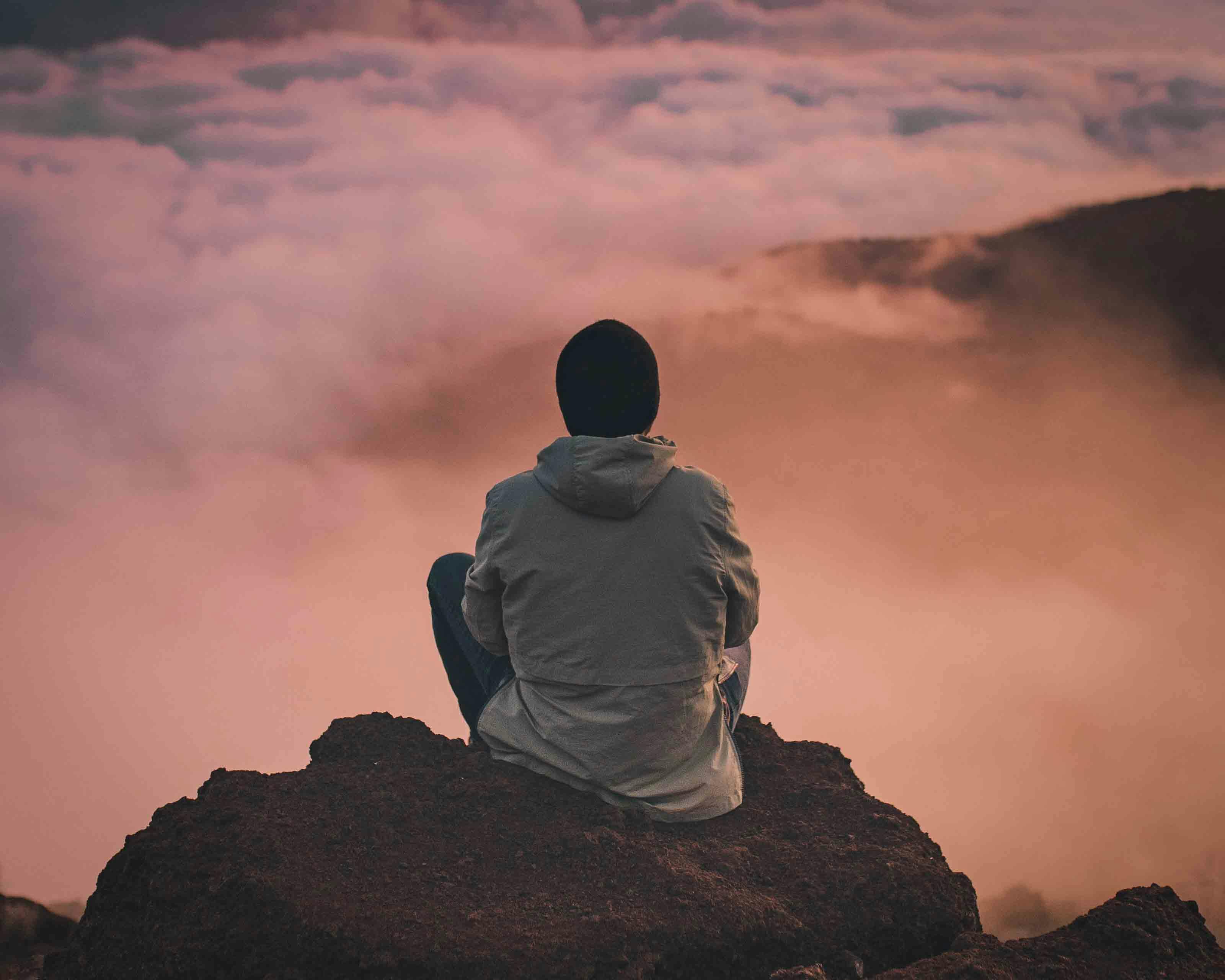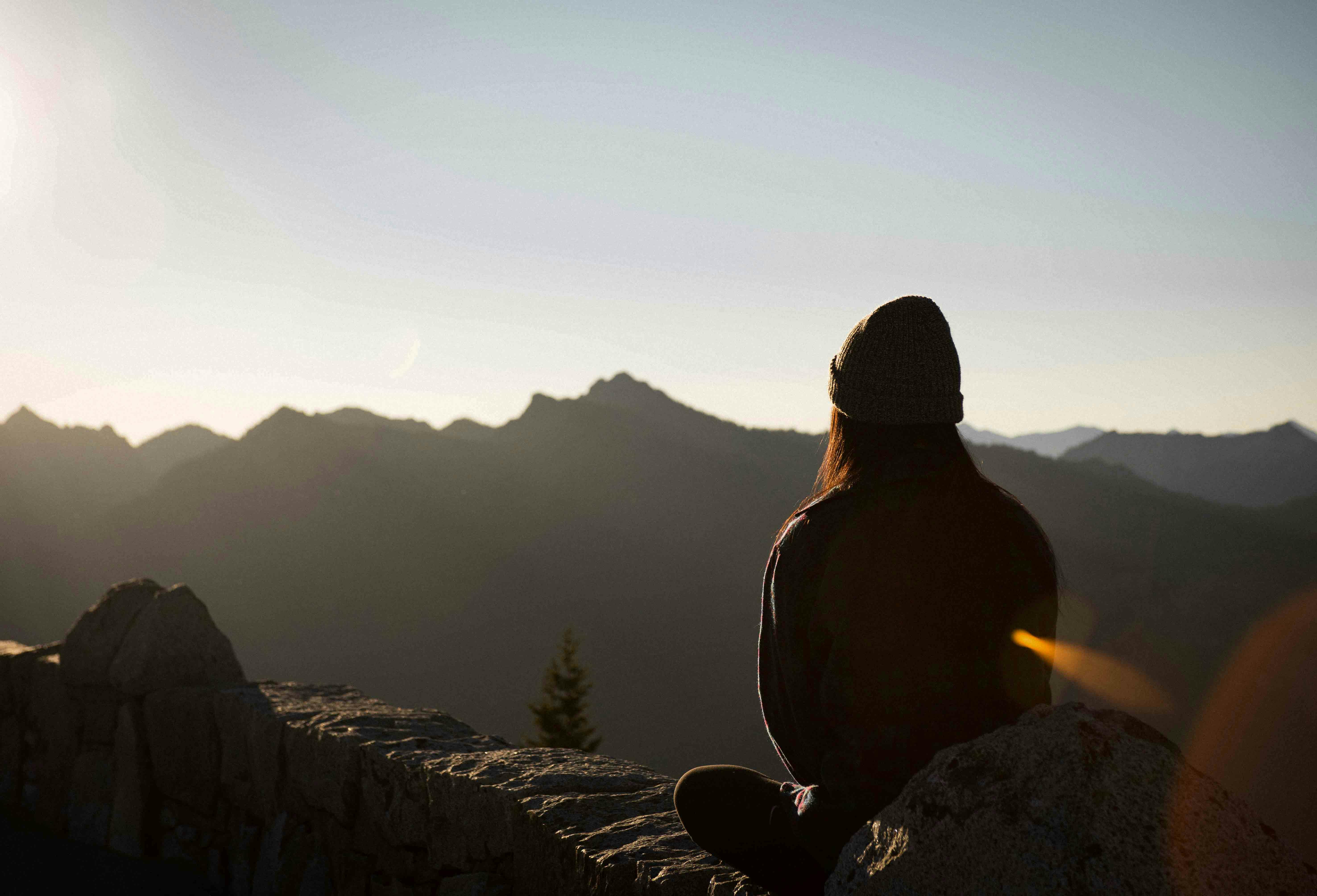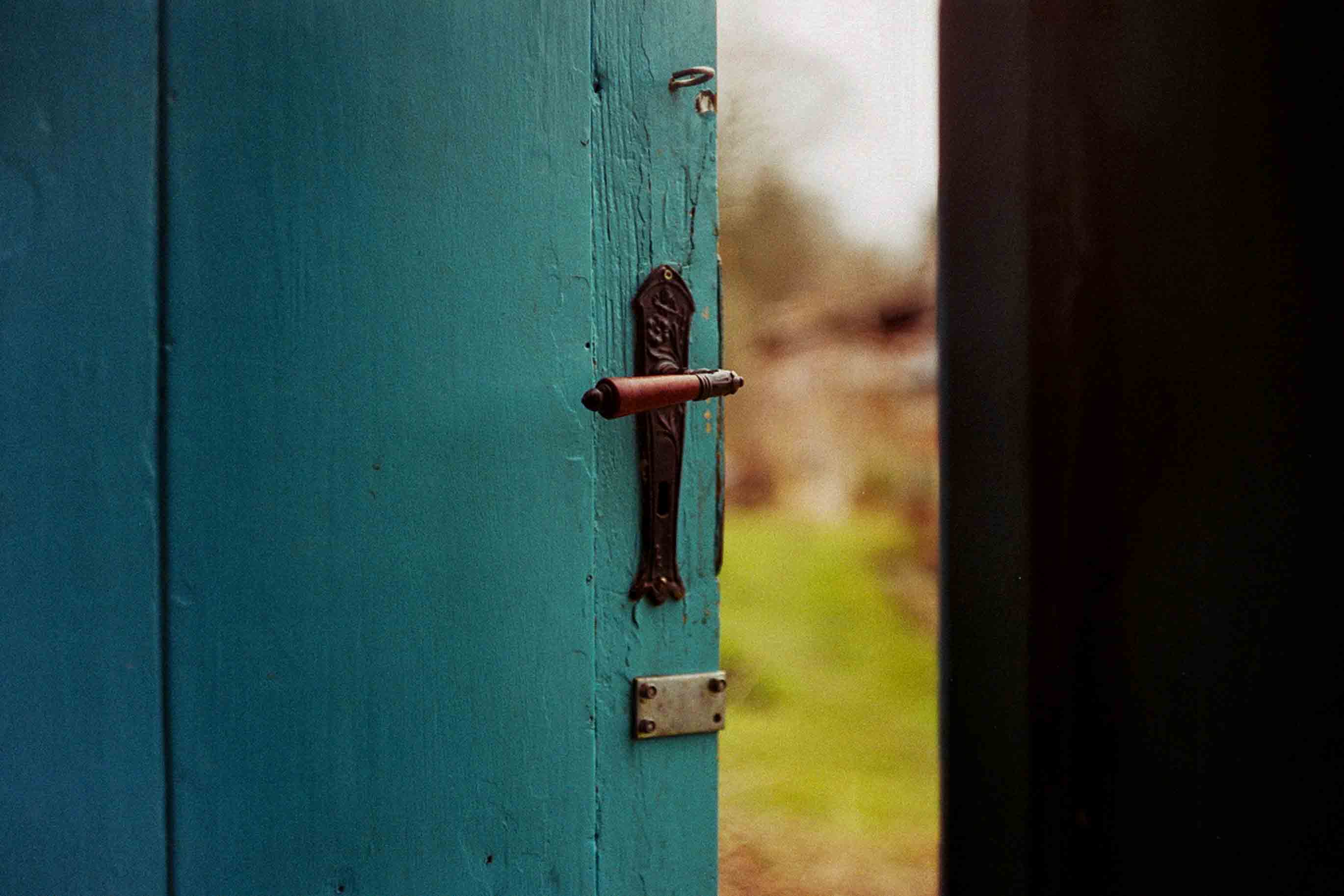
Model: Antoni Shkraba. Source: Pexels
June 1, 2022
mindfulness
Is mindfulness only achieved through meditation?
Contrary to what some might think, meditation is not the only means to practising mindfulness. Yes, meditation is an essential fixture to an effective mindfulness routine, though to avoid mindfulness altogether because you believe meditation is the only way, would be like avoiding the gym because you think deadlifts are the only decent form of exercise. There are countless ways to incorporate mindfulness into our lives, so let's explore!

Credit: Ian Stauffer. Source: Unsplash
Okay, so what is mindfulness, really?
Mindfulness in its essence is the act of being aware. It's the art of consciously paying attention. More often than not, we aren't actually paying attention to what's happening in the present moment, and instead, without even knowing it, are unwilling prisoners of our minds. You'd think as our physical bodies permanently occupy the present, we'd find our mentality would too. However our minds float farther than a feather in a gale, and are at risk of getting lost, unless we go ahead and make some subtle, but important changes.
As a teacher of mindfulness I'll admit, it's becoming increasingly more difficult to slow down and pay attention to ourselves and our surroundings. Modern-day life has never been so fast paced, and distractions have never been so, well, distracting... Even so, traditional mindfulness practices still work wonders, and I'm here to share a few of them with you.

Credit: Daniel Mingook Kim. Source: Unsplash
There are two types of mindfulness practices. The formal practice of meditation, and the informal practice of cultivating awareness in daily life.
The beauty of informal practice is you can do it anytime, anywhere by bringing attention to simple daily actions. Like drinking your morning coffee, washing the dishes, hanging your clothes on the line or making breakfast. In the act of paying attention we quite rapidly realign with our intuition. New ideas magically arise, an overwhelming sense of gratitude enters our system, and fundamentally, we find our calm. A state the majority of us likely haven't experienced in a while.
We access the now through our senses. It's our doorway to the present moment".
Life is experienced through what we see, smell, taste, hear, and touch. Yet unless our senses are stripped from us, we generally take them for granted and as a result, miss far too many valuable moments... If I may, what would it take for us to genuinely open ourselves up to our senses?
Well, firstly, we must observe them.
Do me a favor would you? Take a moment to pause and look at what's around you. What do you see? What does your current environment feel like? Go ahead and take mental notes of the objects surrounding you. The colours, shapes, light, and shadows. Be curious as you observe. Soak it all up through your eyes.
This, right here, is what it feels like to properly pay attention. Have you noticed time seems to be slowing down? Have you also noticed how quickly your attention drifts to thinking of other things? This is normal, just keep directing your attention back to your senses and trust the process.
Any action which brings your mind into the now is a version of mindfulness practice. And the beauty of it? You can tune into the present moment as frequently as you like! While brushing your teeth, cooking lunch, or performing any repetitive, mundane activity. Use these moments as an opportunity to tap in with yourself. You'll be surprised what you find.

Photo credit: Jan Tinneberg. Source: Unsplash.
In meditation (the formal and more structured style of mindfulness practice), we focus on paying attention in an even more deliberate sense. We consciously set aside time to sit quietly and be still. To focus on an object, our body, breath, or a group of words.
Similarly to our informal practice, intrusive thoughts will constantly try and steer us from the present moment. Continue to direct your mind back to your focus. Back to your object. Back to the anchor of the here and now.
Below are some examples of guided meditations for beginners:
• Breath Awareness
• The Body Scan
• Loving-Kindness
We're lucky these days. Tools to support mindfulness practices are abundant. The Insight Timer Meditation App is free, and an incredible place to begin your meditation journey. I'd also recommend Dr Rick Hanson’s book, Just one thing. It deeply describes how to consciously pay attention to just one individual thing every single day.
Starting with an accessible and achievable practice is vital to increasing the likelihood of you sticking to it. Think of it this way - mindfulness is exercise for the mind. It’s like lifting weights; the more you train, the more you strengthen your ability to focus, concentrate, and live effortlessly in the moment.











